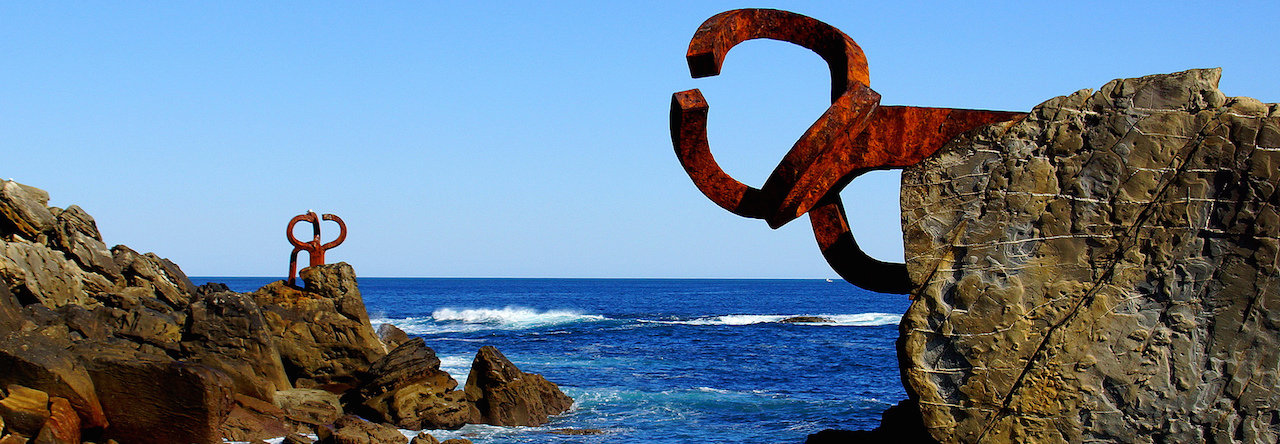In our times, it is difficult to defend communism. Apart from the monk communities, nobody is able to share everything with others. The socialist experiments of the 20th Century are a far and away nightmare and there is no person who wants to repeat. We have remains like Cuba of North Korea but, fortunately, they are coming to an end. We hope.
It is generally accepted that the defense of property rigths is the key of a free market democracy, although sometimes we are knocking by the irrational exuberance once Alan Greenspan talk about. Howver, he have not found a better way to get economic prosperity, personal freedom an a certain level of social justice. May be there are not the best times to argue on this topic, but I think we should avoid the temptation of embracing whatever socialist fanaticism. Gauche Divine supporters are very happy because Governments around the world are applying keynesian economics to solve the financial crisis.
I think they have to remember that it is only a short term way to re-activate economy and, Government has never quit the control of the economic system. We have been working in a long privatisation policy but I have the impression that many times the State does not want to go home. Never at all. Now, politicians have the perfect opportunity to recover the lost space and reinforce their control over economy. The economic nationalism of the last two years is a constant example of this position of the public sector.
For these reasons, it is convenient to watch the evolution of the economic freedom and, more specifically, the situation of the property rights. This task is being done by the Property Rights Alliance, whic has released its last report on the question. In the 2009 International Property Rights Report they point out that
“Data shows that countries that protect the physical and intellectual property of their people enjoy nearly nine times higher GDP per capita than countries ranking lowest in property rights protections. The study, the 2009 International Property Rights Index (IPRI), compared the protections of physical and intellectual property to economic stability in 115 countries representing 96 per cent of the world’s GDP”.
The study, sponsored by a good number of think tanks all over the Planet, covers the analysis of three main aspects of the property rights: Legal and Political Environment (LP), Physical Property Rights (PPR) and Intellectual Property Rights (IPR). The results of the work show that
«Finland leads the country list a third year in a row with an increased score from the previous two years of 8.7 out of the possible 10. The Scandinavian country takes the honor of being ranked 1 for the past three consecutive years. (…) At the bottom end of the ladder is Bangladesh scoring the lowest of the country set once again with a score of 2.5 which the lowest it has scored in the past three years».
The report highlights there is still a big difference between western countries and the rest. Globalisation has worked hard in the last years to reduce the gap, but the advance is not only an economic matter. Countries with a poor score also need a deep reform in the political framework: a bigger stake in democracy and human rights.
«The widening gap between the highest IPRI score of 8.7 and lowest score of 2.6 illustrates a disparity in the property rights regime in the world, as measured by the IPRI criteria. While those countries at the very bottom of the index scoring certainly demonstrate a severe deficiency in property rights protection, they are not alone in representing regimes with a clear need to improve. Indeed, a large number of countries with a scoring in the mid vicinity of 6 and below highlight the need for change and improvement».

Deja una respuesta